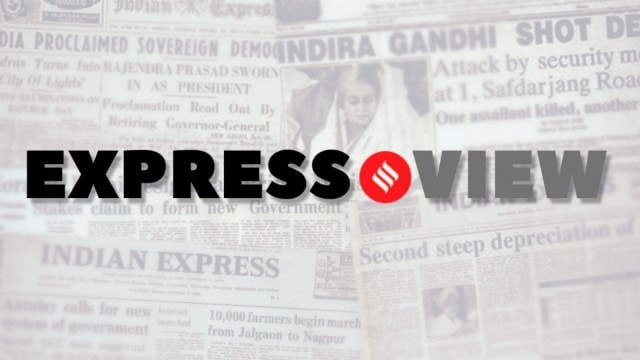
The Supreme Court has not stayed or stopped the Election Commission’s Special Intensive Revision of electoral rolls in Bihar, an exercise that has stoked confusion on the ground and raised spectres of disenfranchisement. But that’s not the most important message after the EC’s day in court Thursday. It is, instead, this: The Court has flagged important issues that the Commission would do well to heed and act upon, before it files its counter-affidavit in a fortnight — the SC is scheduled to hear the matter again on July 28. Even as the Court has framed its concerns with a respectful tentativeness, given that it is addressing a constitutional authority, the EC must know that they resonate widely. It needs to ask itself whether the electoral roll revision exercise — unprecedented not in itself, but for asking for documentation at the stage of enumeration, for shifting the burden of proof onto voters, and for disregarding the sanctity of existing electoral rolls — can be carried out according to due process with only months to go before the Bihar election. It needs to consider seriously the Court’s suggestion that, “in the interest of justice”, it should include more accessible and ubiquitous options like the Aadhaar card, ration card and voter ID card in its list of required documents. The Court has asked the EC to give reasons for not including these. The EC must know that the onus is now on it to prove that it is acting in good faith.
It is ironic that the EC, for long seen to be one of India’s most trusted institutions, should find itself in the dock. The reforms initiated and supervised by the EC in a sprawling country of staggering diversities have ensured that the Indian election sets the gold standard for the conduct of free and fair polls, and for ensuring that no voter is left out, every vote is counted in. Now, that institution must show that it also listens, that it knows when not to stand on prestige. For, at stake is its own record and legacy, and more importantly, the integrity and credibility of the process that it has refined and fine-tuned so painstakingly. Apart from suggesting the inclusion of three documents in the EC list, and pointing out that the tight timeline creates practical difficulties, including in the matter of providing a reasonable opportunity for a hearing in cases of deletion, the Court has also drawn attention to the question of remit. It is the Ministry of Home Affairs, not the EC, the SC has rightly said, whose task it is to ascertain or verify citizenship.